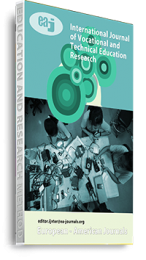It is believed that through fashion and textiles designing, the education on adinkra symbols can be transferred for use in modern clothing and create competitive advantage in the clothing and textile industry. In recent years, adinkra craft-based culture appears to be anachronistic art industry with minimal attention given to the Ghanaian clothing industry. However clothing, a highly rated consumption item, has been recognised as a channel for the proliferation of socio-cultural attributes. This research work was guided by two conceptual frameworks; to identify facilitating factors in the production of adinkra symbolic clothing and to promote the diffusion of adinkra symbolic clothing through a supply network model formulated. Qualitative research method was used to collect data and the analyses of the study resulted in the use of quantitative statistical tool, applying Nvivo version 10. Data was obtained from four different regions in Ghana with a convenient sample of 35 organisations and individuals involved (representing the main stakeholder groups in the textiles and clothing supply network). The study identified consumer culture as a chief facilitator in addition to four key factors (knowledge, technology, relationships, and absorptive capacity) that influence the production, adoption and use of adinkra symbolic clothing. Stronger collaboration is therefore encouraged within the stakeholders of the supply network in clothing and textiles industry in Ghana.
Keywords: Adinkra Symbolic Clothing, Akan Culture, Clothing and Textiles Industry, Consumer Culture, Diffusion, Supply Network

